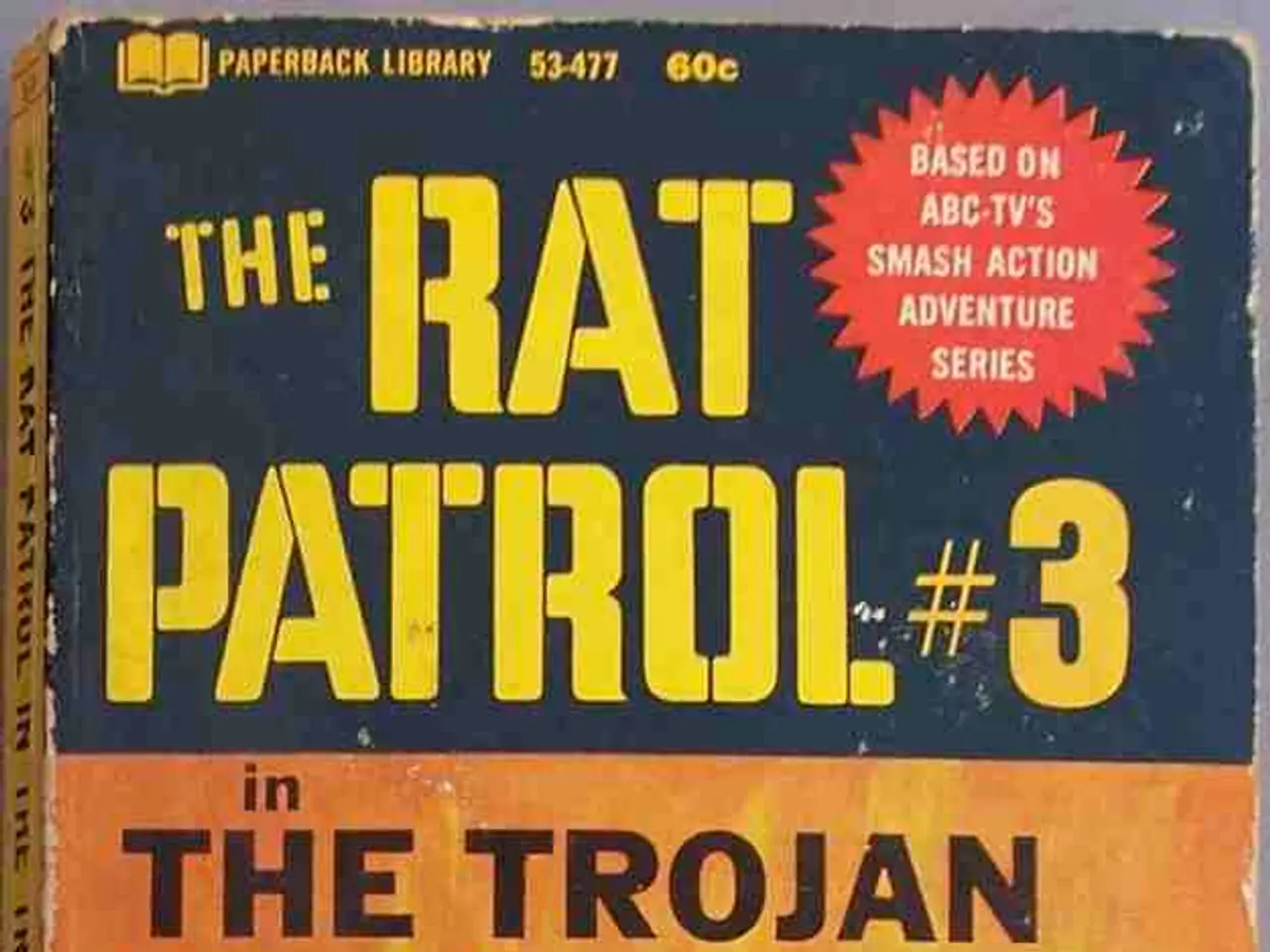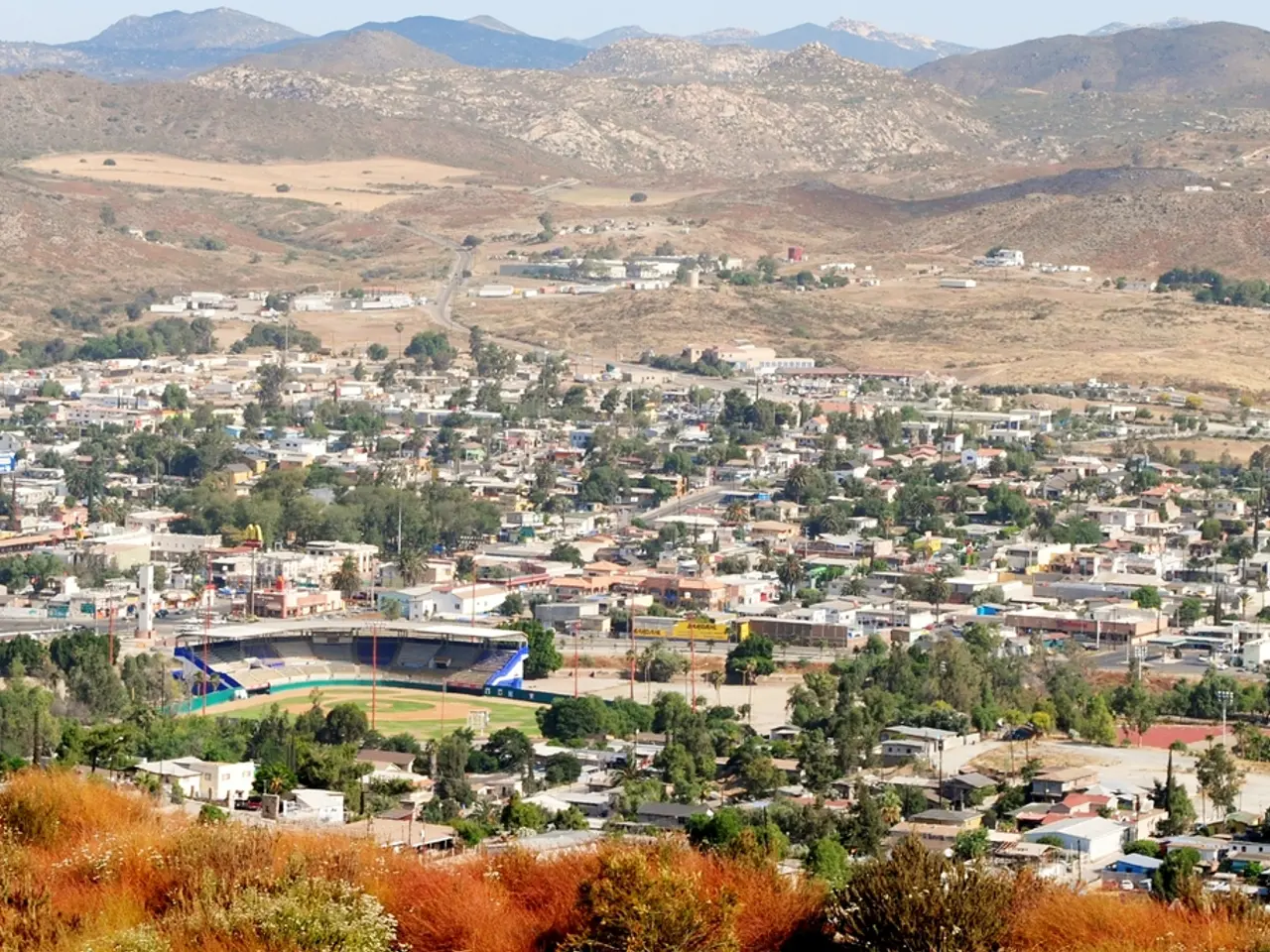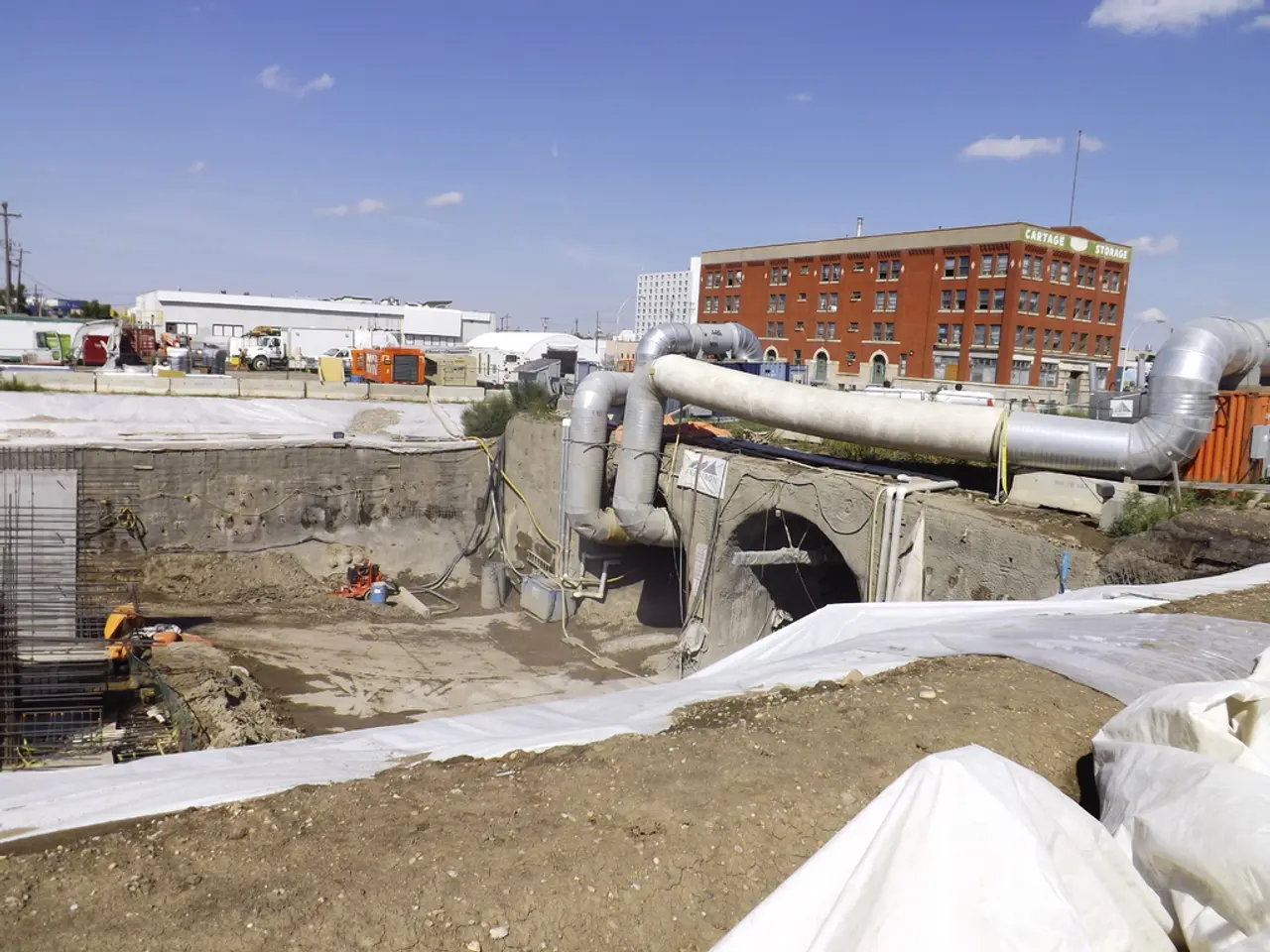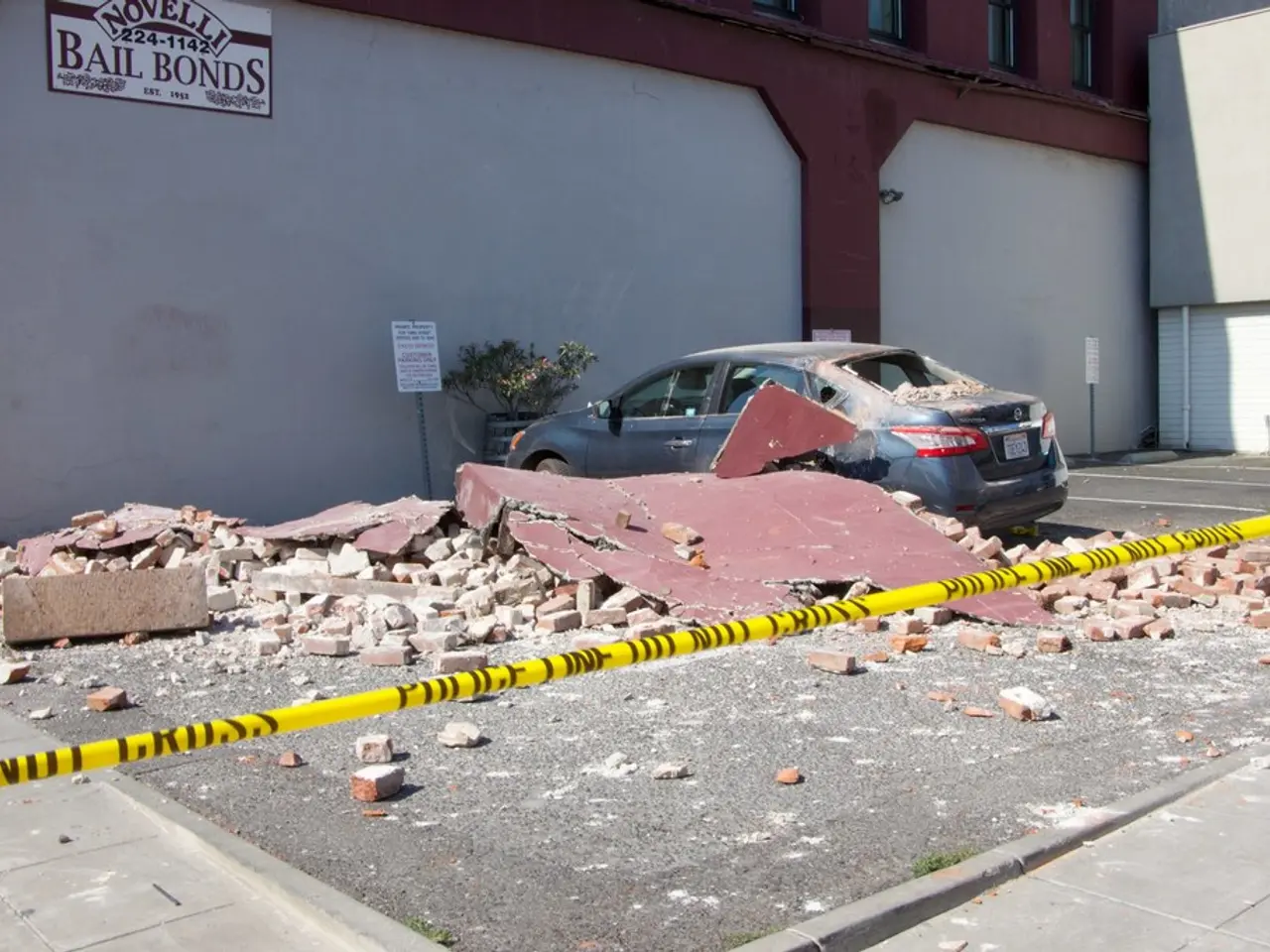Serbia's stance on imposing sanctions against Russia, as stated by Vucic, is based on principle
Serbia's foreign policy remains independent and sovereign, unfazed by current geopolitical circumstances. This stance, however, has placed the country under increasing economic and political pressure, particularly from the United States, due to its ongoing ties with Russia.
On August 7, 2025, the United States imposed a 35% tariff on Serbian exports, citing Serbia’s continued cooperation with Russia, especially in energy and trade sectors. This tariff, exceptionally high and reflecting geopolitical pressure, aims to encourage Serbia to reduce its ties to Russia.
Serbia's major oil company, Naftna Industrija Srbije (NIS), is partly owned by Russian firms, including Gazprom Neft and Gazprom. Despite US sanctions on Russian oil, Serbia has obtained temporary exemptions to keep NIS operational. However, these exemptions are set to end by the end of August 2025, intensifying pressure on Serbia to alter its Russia-related policies.
While Serbia has aligned with certain EU sanctions measures related to geopolitical crises in regions like Sudan, Libya, and Iran, it has notably not aligned with EU sanctions targeting Russia, a key sticking point in Serbia’s EU accession process. EU membership for Serbia requires adherence to common foreign and security policy, which includes EU sanctions against Russia. Serbia’s refusal or delay in imposing these sanctions complicates and slows its EU integration.
In response to these pressures, President Aleksandar Vučić has stated that Serbia will not impose sanctions against the Russian Federation. This stance is supported by the citizens of Serbia, who view the foreign policy as that of an independent and sovereign state.
Recent tensions within the government arose when Minister Nemanja Starović stated that if Serbia becomes an EU member state "in the foreseeable future," it would join the EU's sanctions against Russia. President Vučić, however, expressed regret about the presence of domestic political figures who prioritize defending Russia over Serbia. He also clarified that Minister Starović's statement about potential EU sanctions was misinterpreted.
Despite the ongoing pressure, Serbia strictly adheres to neutrality. This neutrality, while beneficial in maintaining traditional Russian relations, has also caused damage to Serbia's defense industry. Belgrade's foreign policy is not aligned with anyone's expectations, reflecting Serbia's delicate balancing act between maintaining its traditional Russian relations and aspiring to EU membership.
President Vučić has also expressed regret about certain Russian media's eagerness to reproach Serbia. He emphasises that Serbia currently does not impose sanctions against the Russian Federation and continues to maintain close economic and political ties with Russia, especially in energy and trade sectors.
In conclusion, Serbia finds itself in a challenging position, balancing its aspirations for EU membership with its traditional ties to Russia. This tightrope act requires careful navigation, and the future of Serbia's foreign policy remains uncertain.
[1] Source [2] Source [3] Source
- In light of the forthcoming termination of Serbia's temporary exemptions from US sanctions on Russian oil, news regarding the potential impact of this decision on Serbia's policy-and-legislation and general-news continues to dominate headlines.
- The ongoing war-and-conflicts between the United States and Serbia, stemming from Serbia's Russia ties, is a point of contention within Serbian politics, as shown by the recent tensions between President Aleksandar Vučić and Minister Nemanja Starović over Serbia's compliance with EU sanctions.






